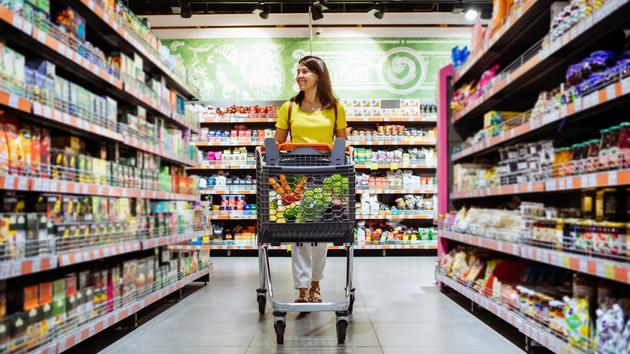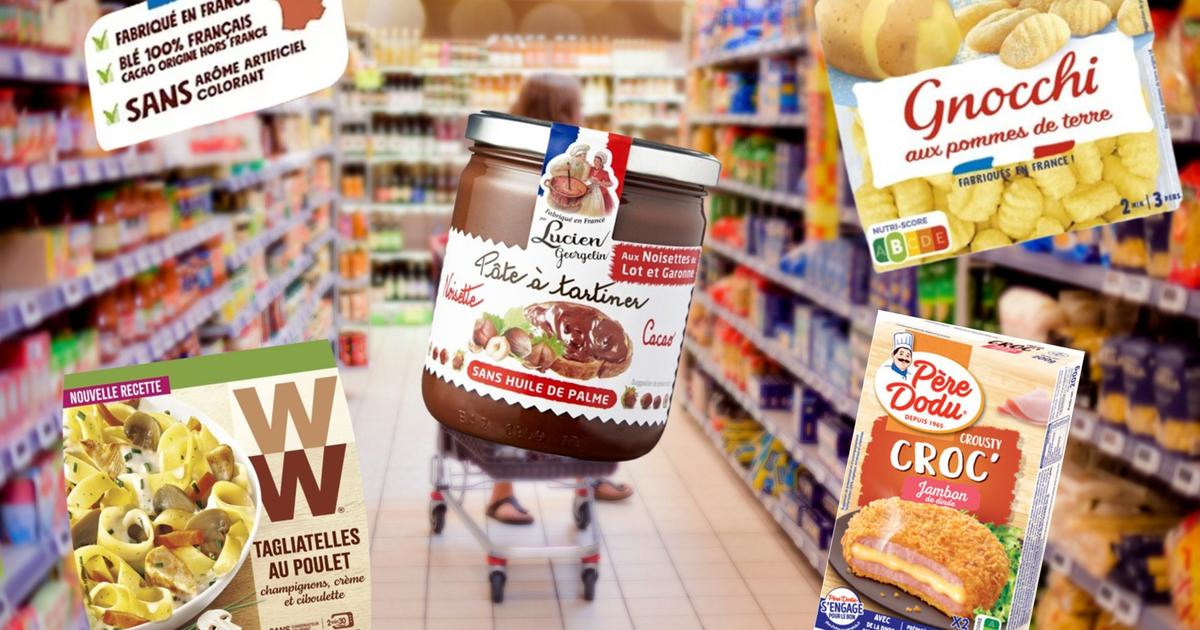The surge in commodity prices is now noticeable on the shelves. In October, the price of pasta and flour started to rise. The manufacturers of spaghetti and other shells had warned this summer of the inevitable impact of the surge in the price of durum wheat on the price of the foodstuffs they manufacture. A few months of pressure from manufacturers on distributors later, the result is there: in October, the price of pasta climbed 1.77% compared to October 2020, according to the IRI institute, which peels the receipts. This is a first for ten years. The increase is particularly strong for the cheapest items: the price of private label pasta is up 7.86% over one year and that of low cost packages by 25.17%. Flour rose by 0.84% and 3.58% respectively.All products combined, first price labels rose 0.85%.
To discover
Energy check: all you need to know about the aid scheme which concerns nearly 5.8 million households
SIMULATOR - Are you getting paid well?
France is still a long way from the United States, England or Germany, where we can observe this fall average increases of 4 to 5% over one year in food products. The overall trend is still downward in prices, by 0.49%. But the increases already observed for certain products are set to increase. Michel-Édouard Leclerc, president of the association of E.Leclerc centers, foresees from November
“a hell of a price increase on food and non-food items”
. On Twitter, he anticipates
"a monthly inflation of 4% on pasta, oil and chocolate"
, particularly affected by the soaring prices of raw materials. "
This inflationary trend should increase, with a more significant increase in early 2022"
, confirms Emily Mayer, director at IRI.
This is also what Alexandre Bompard, CEO of Carrefour, provides.
On Franceinfo, he expressed his
"concerns for the
future,
especially in 2022".
Avoid scaring away customers
Retailers and suppliers are currently negotiating their rates for next year.
The latter hope to be able to pass on more of the increase in costs to which they are subjected.
Many have already sent general conditions of sale which include price increases.
The new Egalim 2 law, which applies to the current negotiations and aims to better remunerate farmers, should encourage an increase in labels.
If all of the cost increases suffered by manufacturers (raw materials, transport, packaging, etc.) were passed on by distributors, the average basket would soar by 4.7% on average, Nielsen calculated, or 1.80 euros. Depending on the product, inflation would vary from 2% to 23%. Toilet paper (+ 10% to + 23% depending on the references), oil (+ 7% to + 16%), coffee (+ 3% to + 15%) or even pasta (+ 5% to + 12%) would be the most affected. But such a scenario remains theoretical: manufacturers and distributors have every interest in absorbing part of the cost increases to avoid scaring customers away.
"I will not pass on increases that would result in sales receipts which fly away"
, for example promised Alexandre Bompard. "
Distributors have leeway to practice equalization between departments,
recalls the Ministry of Agriculture.
And they will not take the risk of inducing too large an increase. ”







